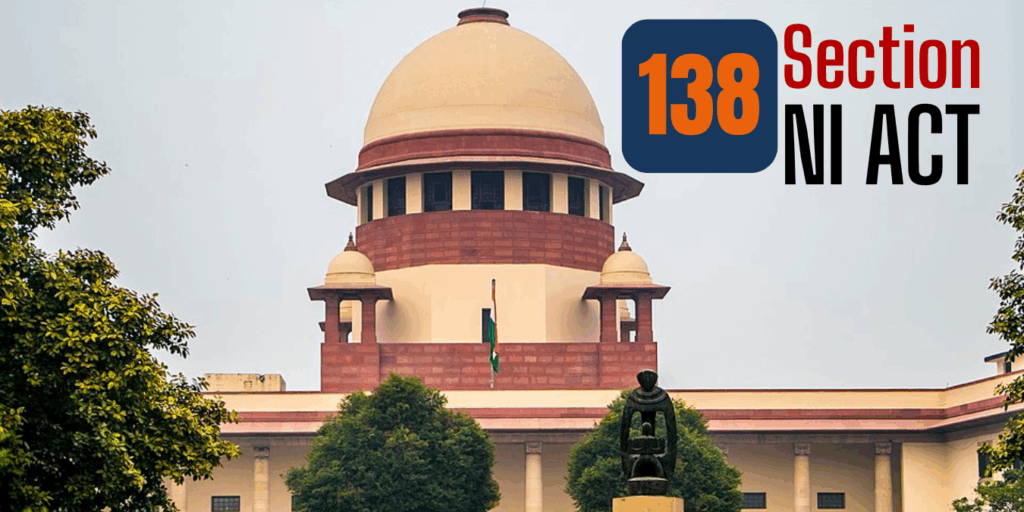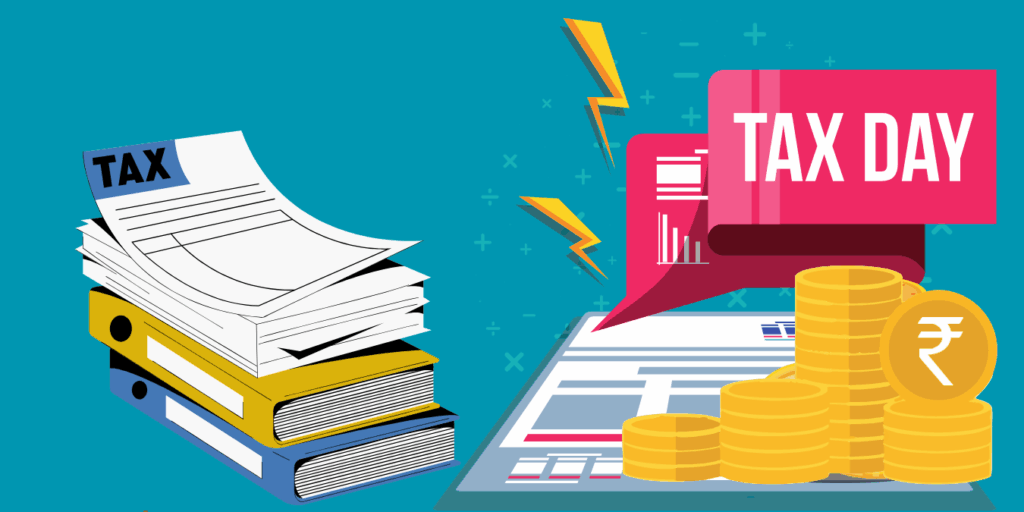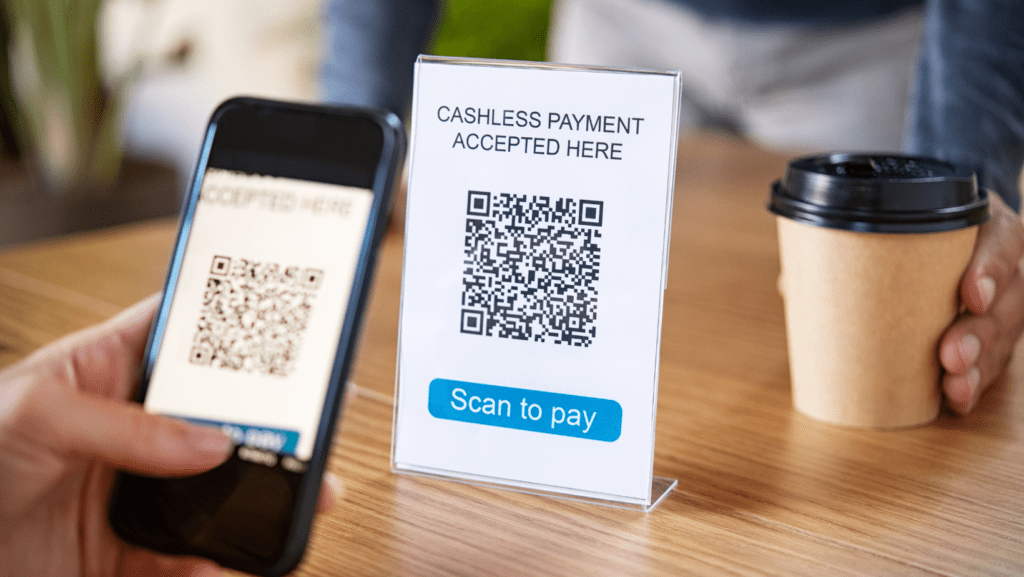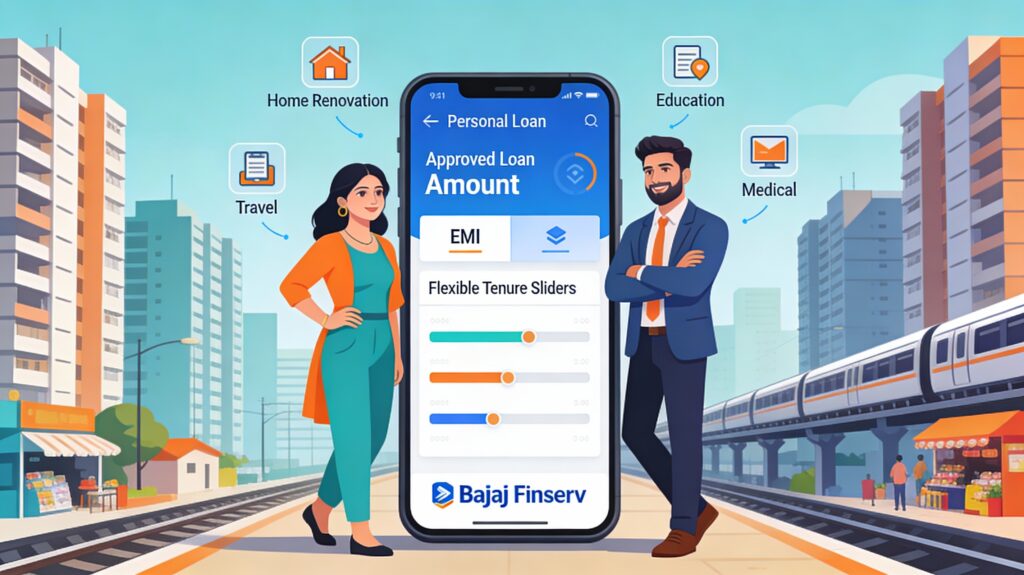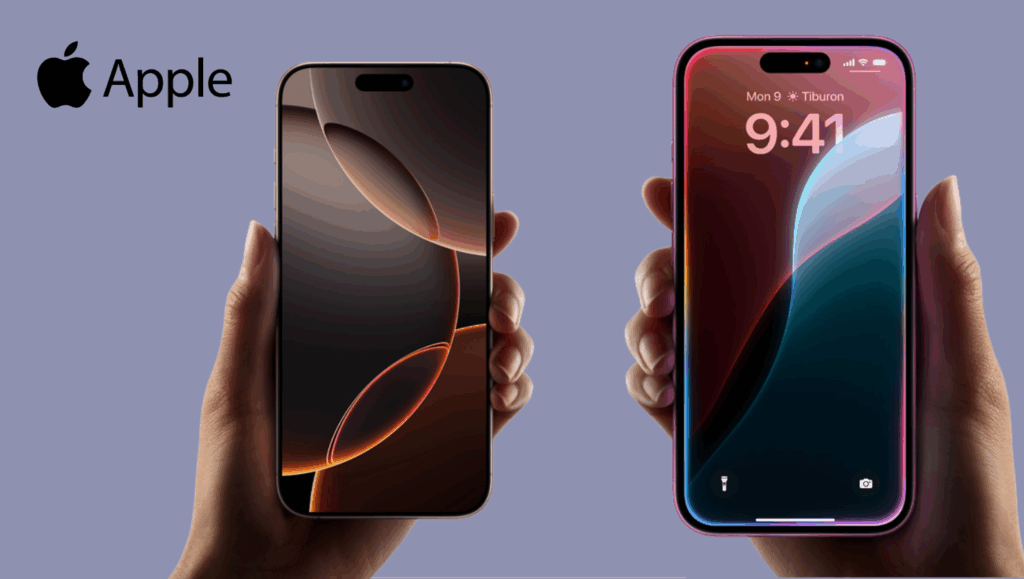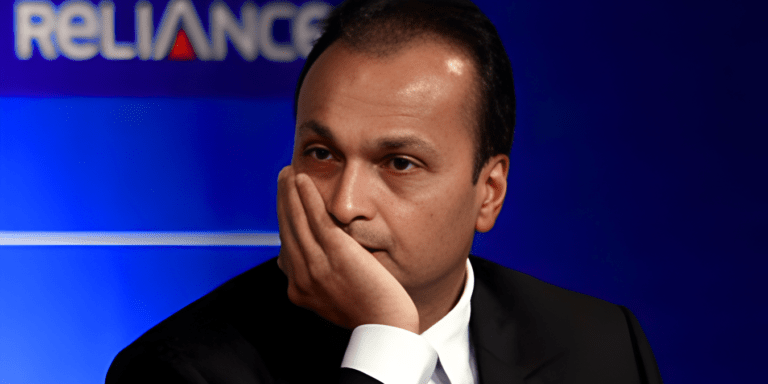
Money Discipline Rule: "If You Can't Afford to Buy It Twice Without Stress, Don't Buy It Once"
Money discipline rule reshaping how smart Indians spend in 2025: “If you can’t afford to buy something twice without stress, don’t buy it once.” This hidden secret cuts through lifestyle inflation and easy credit traps, revealing shocking truths about true affordability. Could this simple mindset be the key to escaping financial stress and building real wealth? Uncover powerful, quick strategies that could change your spending forever—and unlock a future where money works for you, not the other way around. Don’t miss this game-changing insight!
Imagine waking up in the morning and realizing that your latest splurge—be it that trendy gadget, designer outfit, or luxury dining experience—has turned into a financial burden rather than a joy. Sound shocking? That’s because many of us fall victim to a silent trap: spending beyond our means under the illusion of “living today,” only to regret it later when bills pile up. But what if there was a simple, secret rule that could transform your entire approach to spending, making true affordability your new normal?
In October 2025, where easy credit, lifestyle inflation, and “buy now, worry later” culture dominate, this powerful rule is your best-kept weapon for sustainable wealth and mental peace. It’s time to unlock the future of smart money habits—by asking one simple question before every purchase.
The Hidden Power of a Simple Rule
What if the key to financial freedom was as straightforward as imagining the stress of buying something twice? If that thought sends a ripple of worry through your mind, you probably shouldn’t buy it today. This rule isn’t about deprivation; it’s about deliberate, disciplined choices that protect your peace of mind and accelerate your journey toward financial stability.
This idea, shared widely across financial circles, is often dubbed the “Double or Nothing” rule. It’s a mental hack rooted in prudence, yet surprisingly powerful in today’s reckless credit-driven landscape.
The Shocking Truth Behind Lifestyle Inflation
What Is Lifestyle Inflation?
In the current times—where the glamour of social media flaunting wealth and new lifestyle trends go viral—many fall victim to lifestyle inflation. As income grows, so do expenses—bigger cars, luxury vacations, high-end gadgets, and dining at exclusive restaurants. But these expenses often outpace income growth, leading to a cycle of debt accumulation and financial stress.
Why It’s a Hidden Trap
Most people don’t realize they’re caught in a trap until it’s too late. They buy that flashy mobile phone or designer shoes today, promising themselves they’ll “earn more tomorrow” to afford it. But in reality, their financial habits remain unchanged, and stress mounts as expenses balloon. The core problem? They buy once without testing whether they can buy twice stress-free.
The Power of the “Can I Buy It Twice?” Rule
How It Works
The rule is simple yet profound: “If you can’t comfortably buy something twice without feeling stressed, don’t buy it once.” It helps pierce through the cloud of impulsiveness and emotional urges, forcing you to gauge real affordability.
Why It’s Relevant in October 2025
With easy credit options and zero-down payment offers flooding the market, the temptation to overspend is at an all-time high. Many consumers fall for “buy now, pay later” schemes, ignoring the long-term stress they may face when bills arrive. This rule acts as a quick reality check amidst the hype.
How to Instill Money Discipline Today
1. Visualize the Stress-Free Buy
Before making a purchase, imagine yourself buying it a second time, stress-free. If that seems unlikely or painful, consider whether this expense aligns with your financial goals.
2. Set Clear Financial Boundaries
Create a personal rule—like a monthly cap on discretionary spending—so that impulsive buys don’t derail your finances.
3. Prioritize Needs Over Wants
Ask: “Is this something I truly need or just want?” If it’s a want, apply the double-spend check.
4. Keep Emergency Funds & Goals Front & Center
Having a strong emergency fund is your safety net. If a potential purchase jeopardizes this, it’s a red flag.
Trending Insights: Why This Rule Is a Game-Changer in 2025
- Easy Credit & Zero-Interest Schemes: Despite tempting offers, smart consumers postpone impulsive spending using this rule.
- Lifestyle Inflation Is On the Rise: As incomes grow, so do expenses, but stress-free planning helps avoid debt spirals.
- Financial Anxiety Is Increasing: The double-buy stress test reduces anxiety by grounding spending in reality, especially with rising economic uncertainties.
Practical Tips for Smart Implementation
- Use a Money Journal: Track purchases and reflect on whether you could buy twice stress-free.
- Create a Waiting Period: Implement a 24- or 48-hour pause before big purchases.
- Share the Rule: Make it a family or friend conversation to stay accountable.
Analyzing Current Trends: October 2025 Perspective
With the global economy facing volatility, Indian consumers are becoming more cautious. The recent RBI policies emphasize financial prudence, and the government is promoting digital savings tools. This rule aligns perfectly with national financial goals—empowering individuals to stay stress-free and debt-free.
Key Takeaways: Your Actionable Roadmap
| Step | What to Do | Why It Matters |
| Visualize | Imagine buying twice stress-free | Tests real affordability |
| Set Limits | Cap discretionary expenses | Prevents impulsive spending |
| Prioritize | Need vs. want | Ensures value-driven purchases |
| Build Funds | Emergency savings | Builds financial resilience |
The Final Thought: The Future of Money Discipline
What if a simple mental rule could rewrite your financial destiny? In a world obsessed with instant gratification, embracing the mindset—“If you can't buy it twice without stress, don't buy it once”—may be your smartest move in October 2025. It’s a quick, yet transformative, hack to build wealth, reduce stress, and achieve financial independence. Are you ready to redefine your spending habits and secure a future where money serves you, not controls you? The power is yours to take control before the next impulsive purchase and turn your financial goals into reality!




